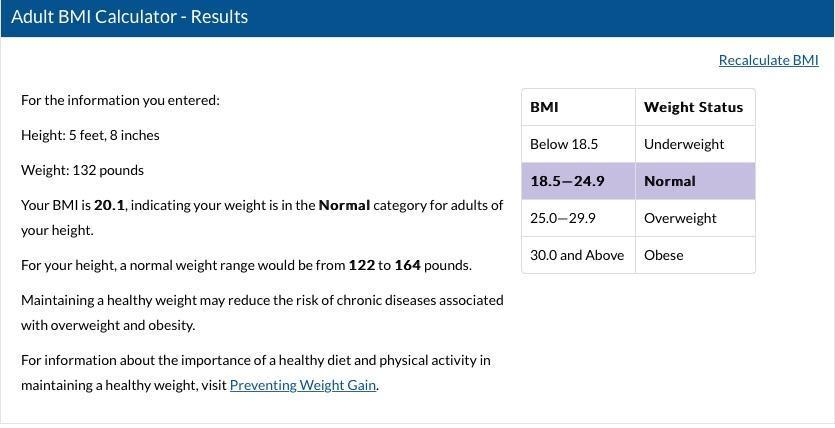sladerunner69
Member
schultz said:sladerunner69 said:Funny how so few are rushing to address this one.
Maybe because it was posted at 12:30 in the morning? You posted your comment at 4:00 in the morning giving only 3 and a half hours for a reply, in the middle of the night!
It's hard to address an issue like this over an internet forum. We can give advice but really we don't know your history, what you eat, your lifestyle, your overall health situation, etc.
If you're having these kinds of blood sugar issues, I would consider eating under 40g of fat a day. High fat high sugar is probably not going to help in your case, even if it's saturated. A low carb diet can potentially lower blood sugar, but really it's not addressing the problem of dysfunctional mitochondrial respiration. Eating a high fat diet consistently and then suddenly eating a high sugar meal will probably cause blood sugar issues with a lot of people. Eating a high fat low carb diet essentially makes you "diabetic", because you will have increased blood FFA.
This study talks about skipping breakfast and high blood sugar after a meal. Here is a quote from the artical...
Acute elevation of plasma FFA also induces hepatic insulin resistance and increased hepatic glucose production in patients with type 2 diabetes and in control subjects without diabetes.
High cortisol can also cause high blood sugar and Ray has mentioned that diagnosing insulin dependent diabetes without measuring sugar in the urine and the cortisol levels is irresponsible.
In your case it might be a good idea to take it slow while (the addition of sugar) while also controlling other aspects of your diet like PUFA and possibly starches. If you are going to go "all out" then you need to make sure that everything you do is right on point. Low fat, high fruit, good calcium:phosphorus ratio, don't skip breakfast, frequent meals, under 4g PUFA, tracking your diet on cronometer, using aspirin and vitamin K consistently and in reasonable doses, possibly using niacin, getting all your micro nutrients everyday, getting enough but not too much protein, reducing general stress in your life, checking pulse and temps, maybe taking thyroid, ADEK, progesterone, etc.
Since we can't be around when you're doing this, we just have to take your word that you are being diligent. Saying the above doesn't work is easy, but none of us are there to monitor you.
With all that being said, I sincerely hope you get to a point where you feel good. Ultimately feeling good is the goal, right?
Ignorance is no excuse for incomptetence. This woman needs help and her diabeetuz is getting worse each and every chocolate-croissant she swears by.
Whats your problem with too much protein? As long as its from a low-tryptophan source, only good can come from protein.


